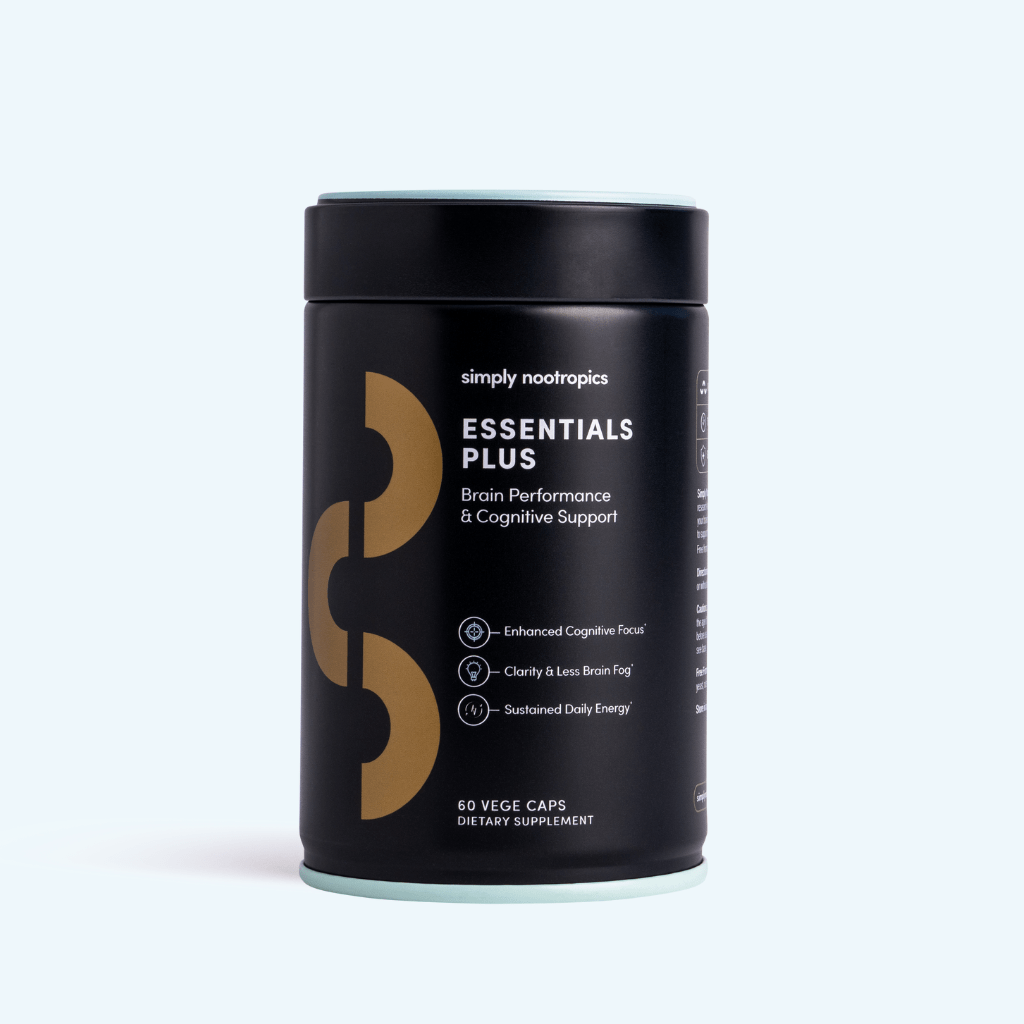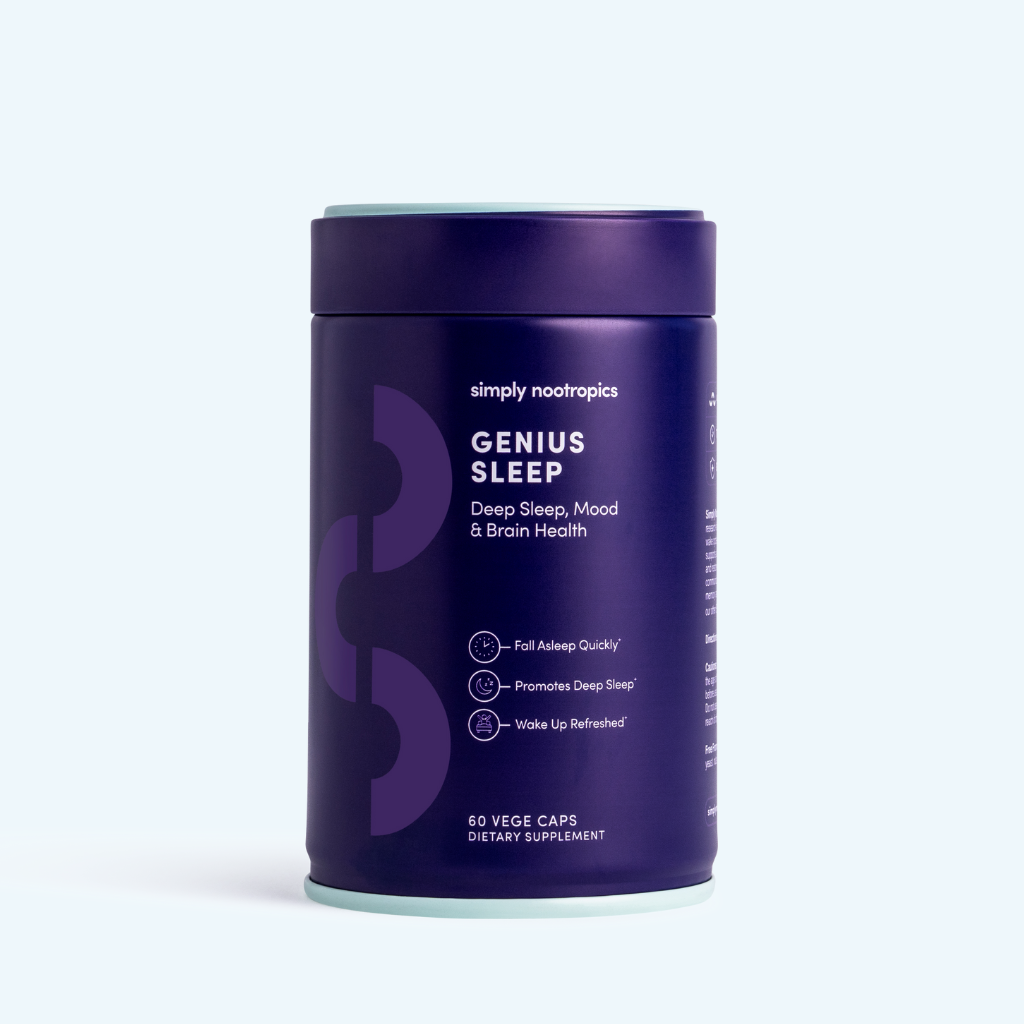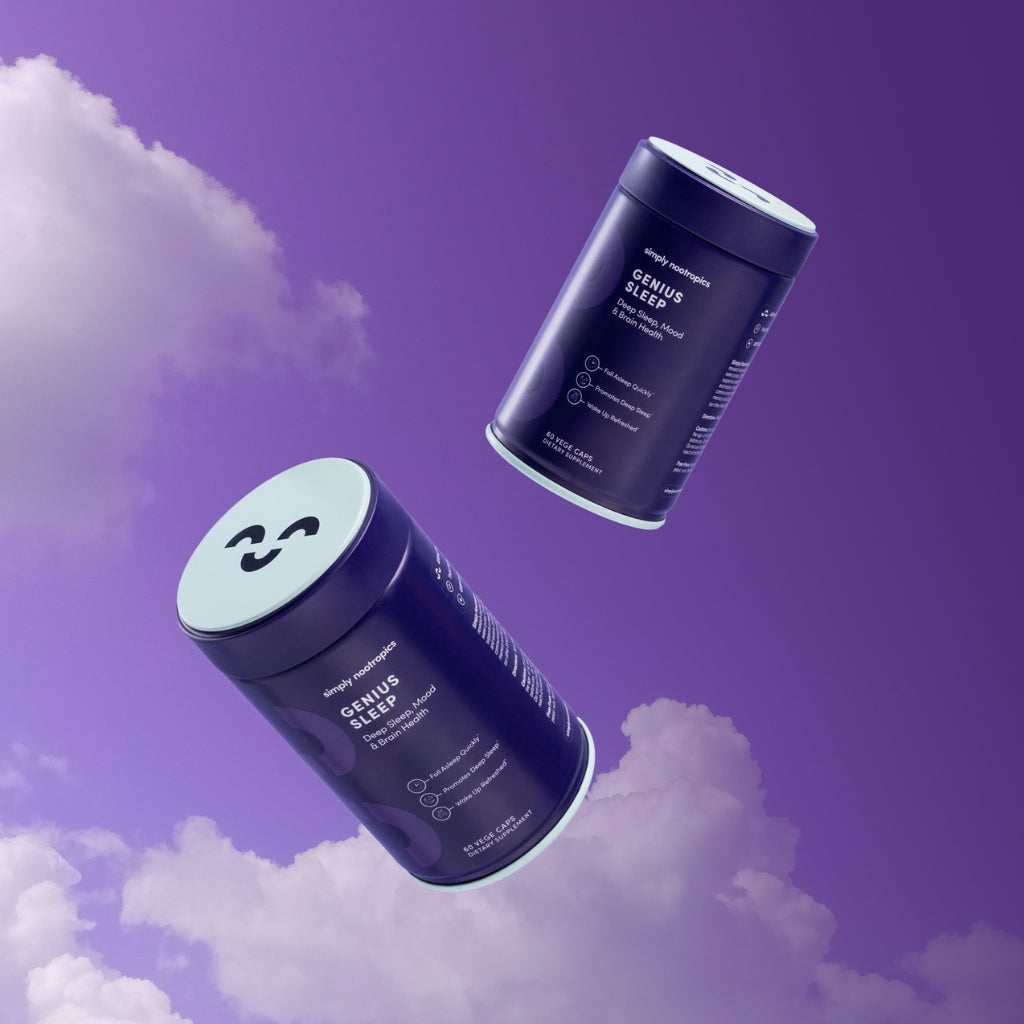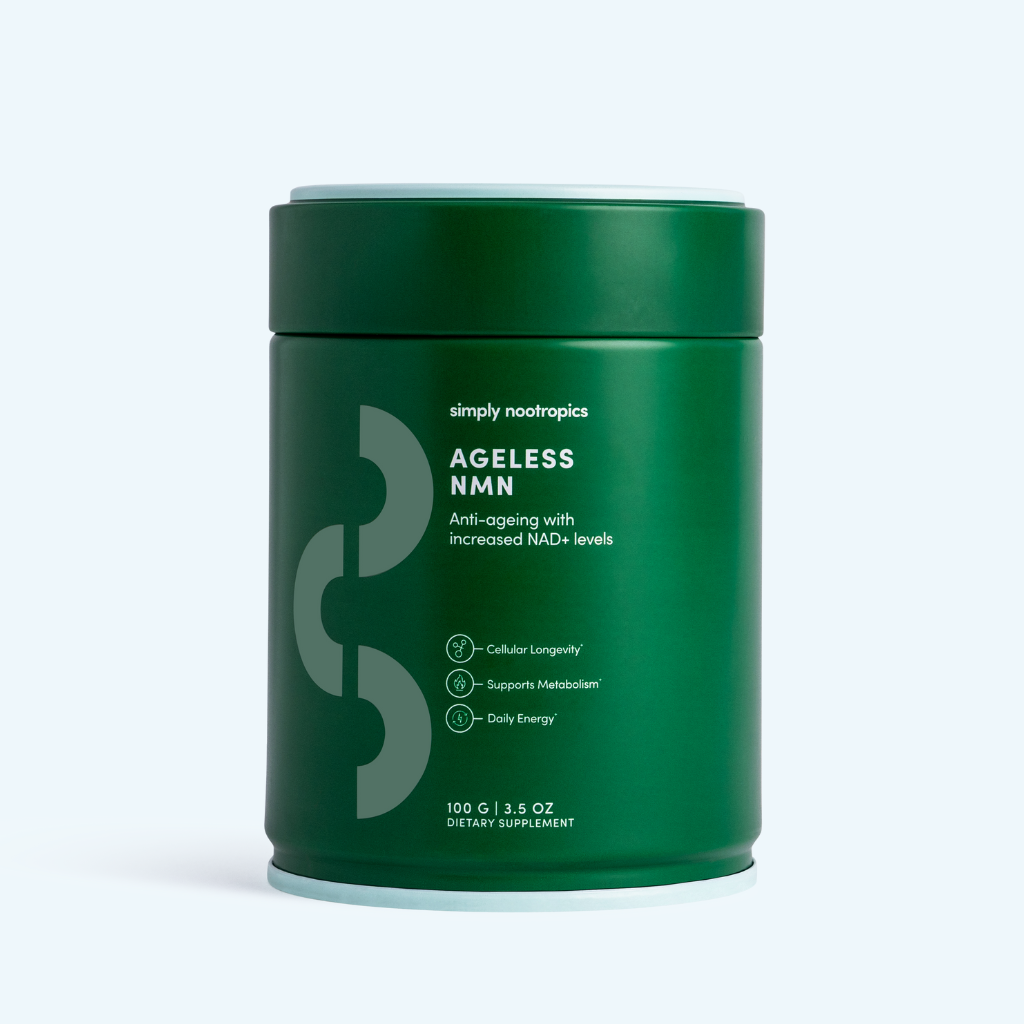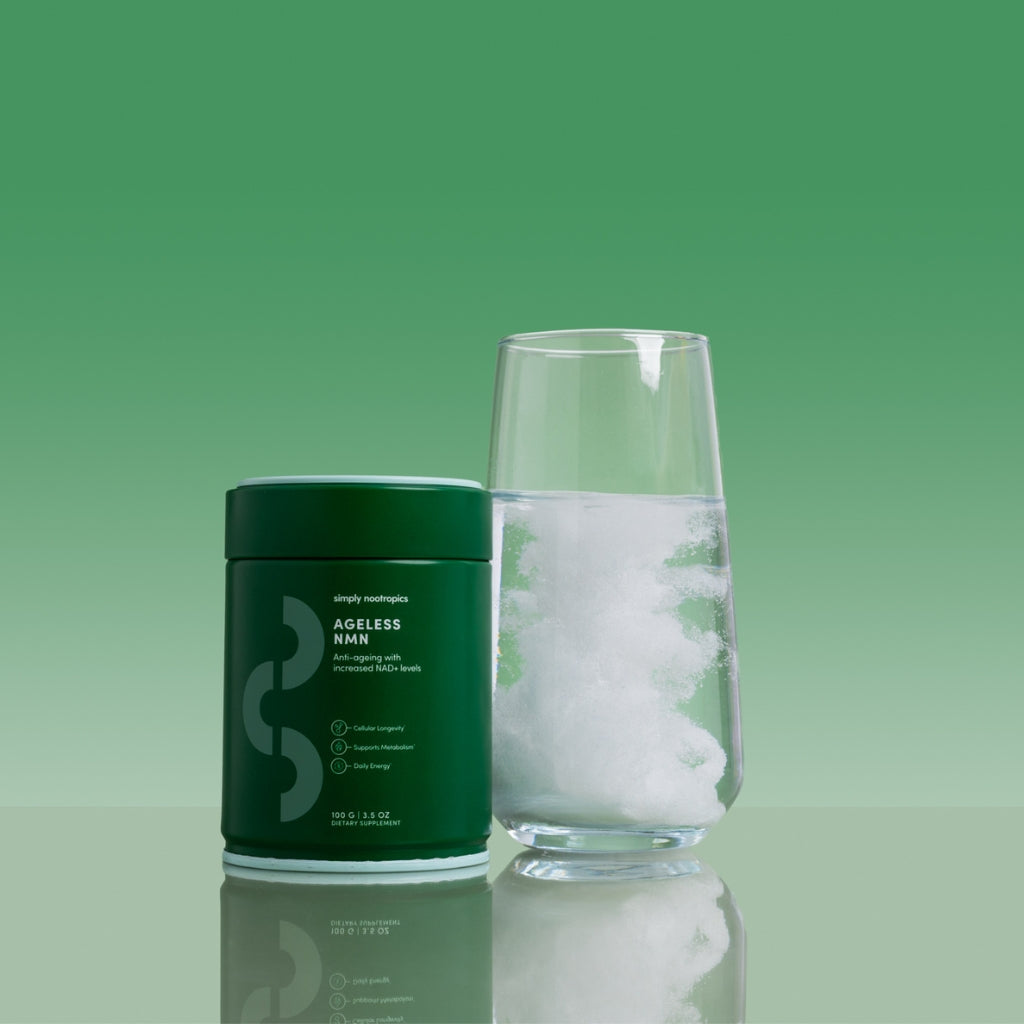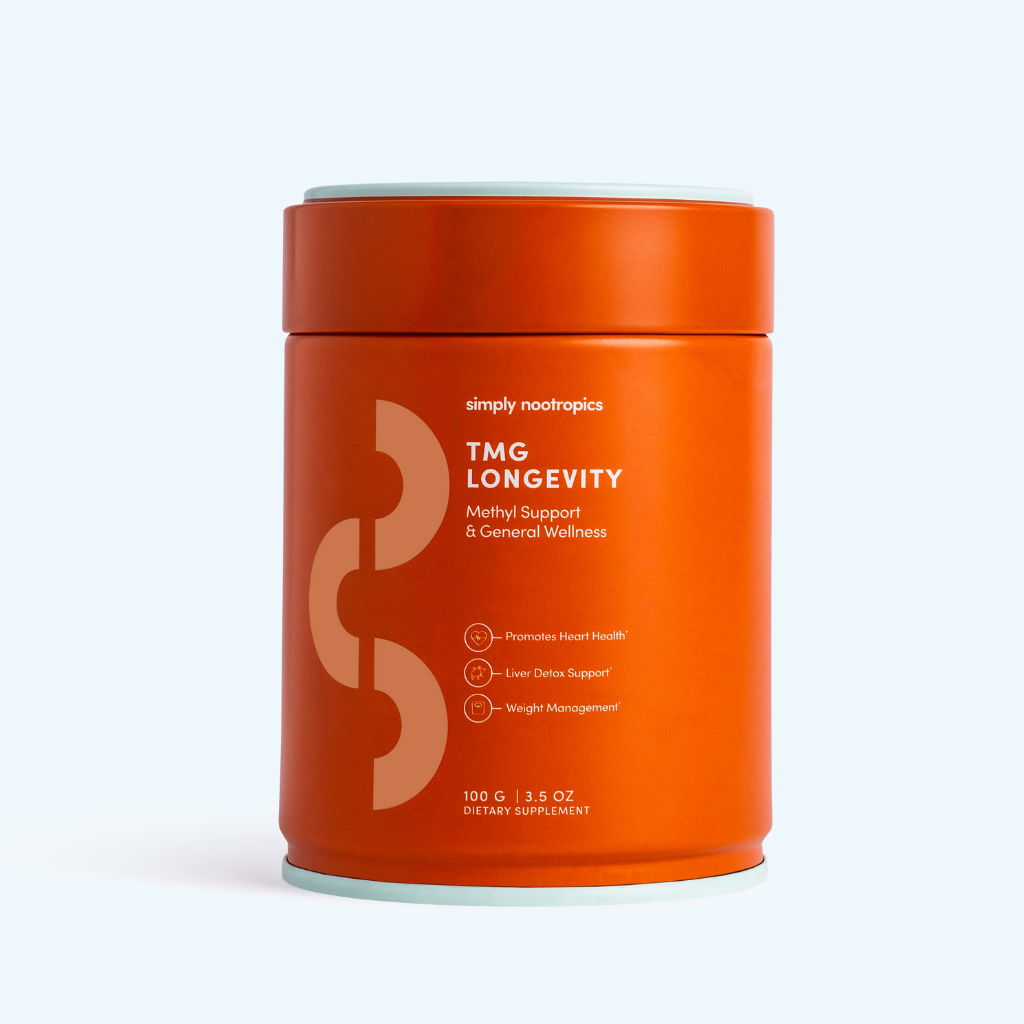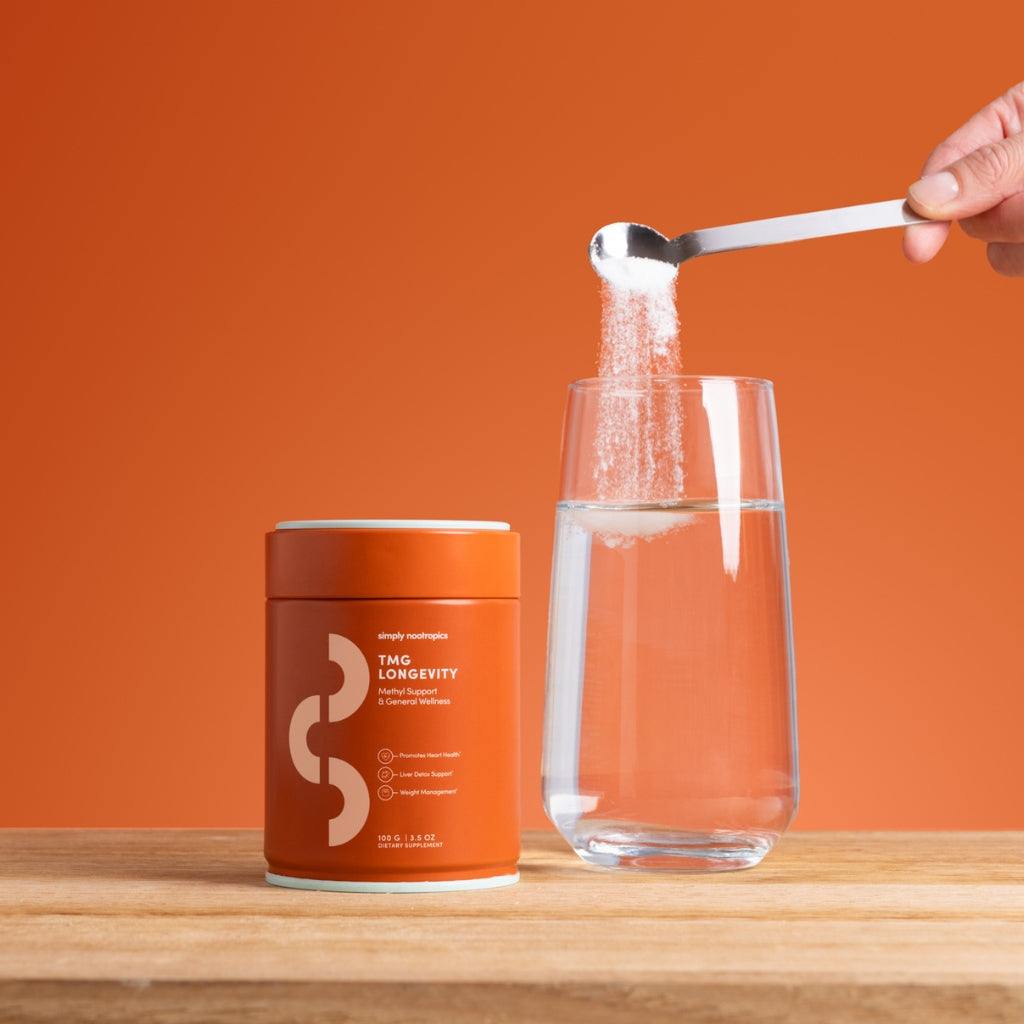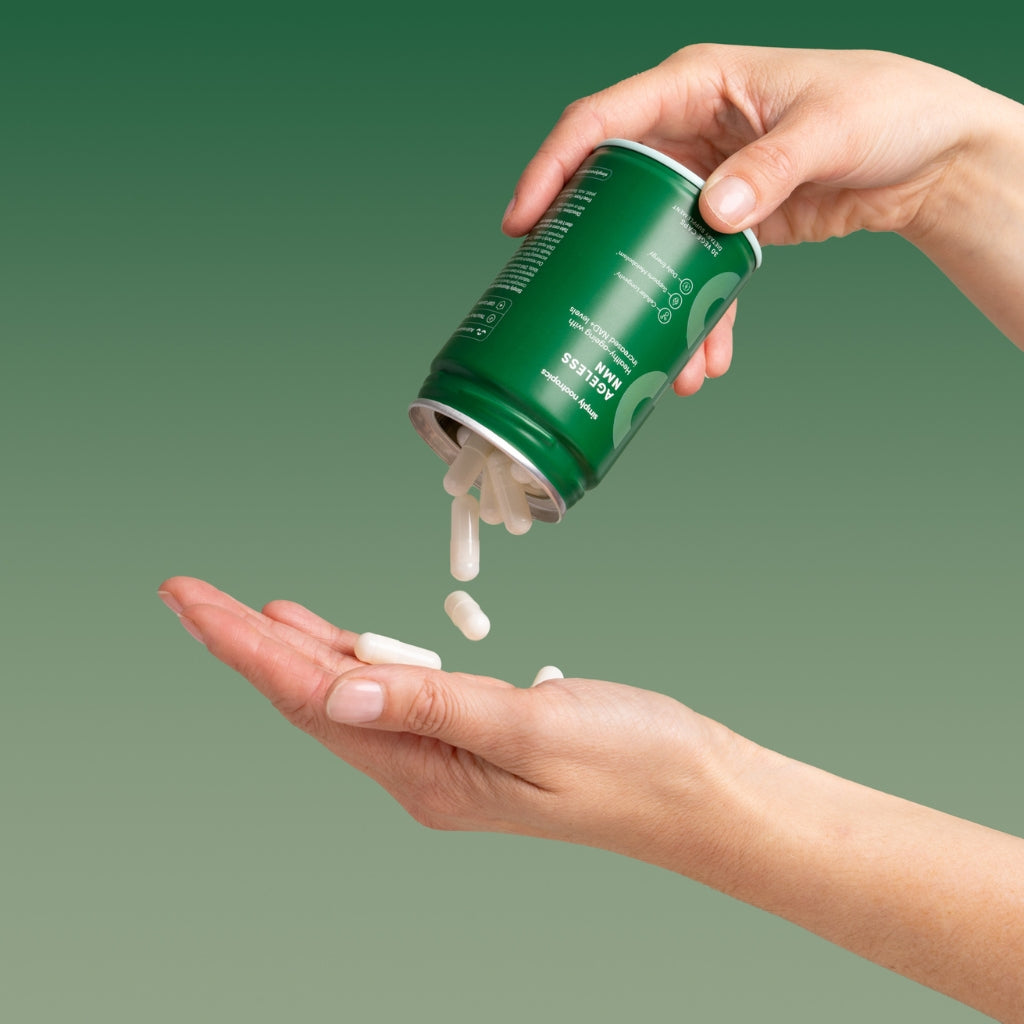As a pet owner, it’s hard not to wish your furry friend could stick around for longer. With NMN being widely recognized for its ability to support energy and promote longevity in humans, it’s natural to wonder: could NMN do the same for pets?
While research on NMN in pets is still emerging, early findings suggest it may have similar benefits for animals as it does for humans. Many pet owners are already experimenting with NMN supplementation for their aging dogs and cats, hoping to support mobility, energy, and overall well-being. But before you start adding NMN to your pet’s diet, here’s what you need to know.
How NMN Works in Animals
Just like in humans, NAD+ is essential for cellular function in animals. It plays a key role in energy metabolism, DNA repair, and overall cellular health. As pets age, their NAD+ levels decline, leading to reduced energy, slower metabolism, and increased vulnerability to age-related diseases.
Many of the early studies on NMN and NAD+ were actually conducted on mice, where researchers found that NMN supplementation helped improve energy levels, muscle endurance, and cognitive function. While mice are not the same as dogs or cats, they share enough biological similarities to suggest NMN could have comparable effects on other mammals.
Some of the key benefits observed in animal studies include:
-
Increased energy production: NMN enhances mitochondrial function, helping cells produce energy more efficiently.
-
Improved metabolic health: NMN has been linked to better glucose regulation and metabolic balance, which could be beneficial for overweight or older pets.
-
Support for cognitive function: Aging animals often experience cognitive decline, and NMN’s role in brain health may help improve memory and neurological function.
-
Enhanced muscle and joint health: In studies on rodents, NMN improved muscle endurance and reduced signs of age-related physical decline.
While there is no direct clinical data on NMN use in pets yet, the mechanisms behind NMN’s effects in mammals suggest potential benefits for cats and dogs.
How Much NMN Can a Pet Take?
The recommended NMN dosage for pets is significantly lower than for humans, based on their body weight. While humans often take 500mg - 1gram per day, animals require only a small fraction of that amount.
The general guideline is between 2 and 5 mg per kilogram of body weight. That translates to:
For example:
-
A 10 kg dog (such as a Jack Russell Terrier or a Cavalier King Charles Spaniel) could take 20 to 50 mg of NMN.
-
A 3 kg cat (such as a Singapura or a small Burmese) would need 6 to 15 mg (just a tiny sprinkle compared to human doses!).
-
A 18 kg dog (such as a Border Collie or a Cocker Spaniel) could take 36 to 90 mg.
-
A 5 kg cat (such as a Russian Blue or an average domestic shorthair) could take 10 to 25 mg.
-
A 30 kg dog (such as a Golden Retriever or a Labrador Retriever) could take 60 to 150 mg.
Is NMN Safe for Pets?
There is currently no evidence suggesting that NMN is harmful to pets when given in appropriate amounts. NMN is simply a precursor to NAD+, which is already naturally produced in their bodies. However, because research on NMN for pets is still limited, caution is advised.
A few key points to keep in mind before giving NMN to your pet:
-
Use pure NMN: Some NMN supplements contain additives, fillers, or flavourings that may not be safe for animals. Stick to unflavoured, high-quality NMN.
-
Start with a small dose: It’s best to introduce NMN gradually and observe for any changes in energy, appetite, or digestion.
-
Consult your vet: While NMN is generally well tolerated, every pet is different, and professional guidance is always a good idea.
Do Pets Actually Need NMN?
NMN may not be necessary for all pets, but it could be beneficial for older animals or those experiencing low energy, metabolic issues, or cognitive decline. Dogs and cats naturally produce NAD+, and a high-quality diet combined with regular exercise already helps maintain healthy NAD+ levels. However, for pets showing signs of aging, NMN supplementation could provide additional support.
Some potential signs that your pet may benefit from NMN include:
-
Reduced energy levels or reluctance to engage in physical activity
-
Cognitive changes, such as confusion or disorientation
-
Slower recovery after exercise
-
Joint stiffness or difficulty moving
-
Weight gain and metabolic sluggishness
Simply Nootropics Ageless NMN is a pure, high-quality option with no unnecessary fillers, just clean, effective NMN to support cellular health. Since pets require only a tiny amount, a single bottle will last a long time, making it an easy addition to their routine.
And if you're already taking NMN yourself, congratulations: you and your pet officially have the same longevity goals. Just remember, their dose is a fraction of yours, so no need to start splitting supplements 50/50. NMN won’t make your senior dog a puppy again or turn back time for your aging cat, but it may help them stay active and alert for longer.
If you have any questions or concerns about giving NMN to your pet, consult with your veterinarian to ensure it is safe and appropriate for their individual needs. Every pet is different, and professional guidance can help you make the best decision for their health and well-being.




